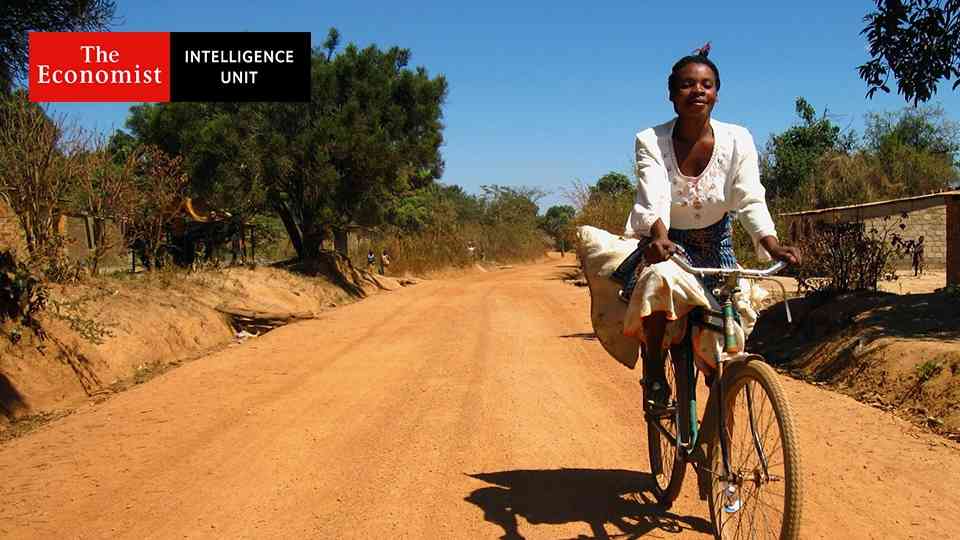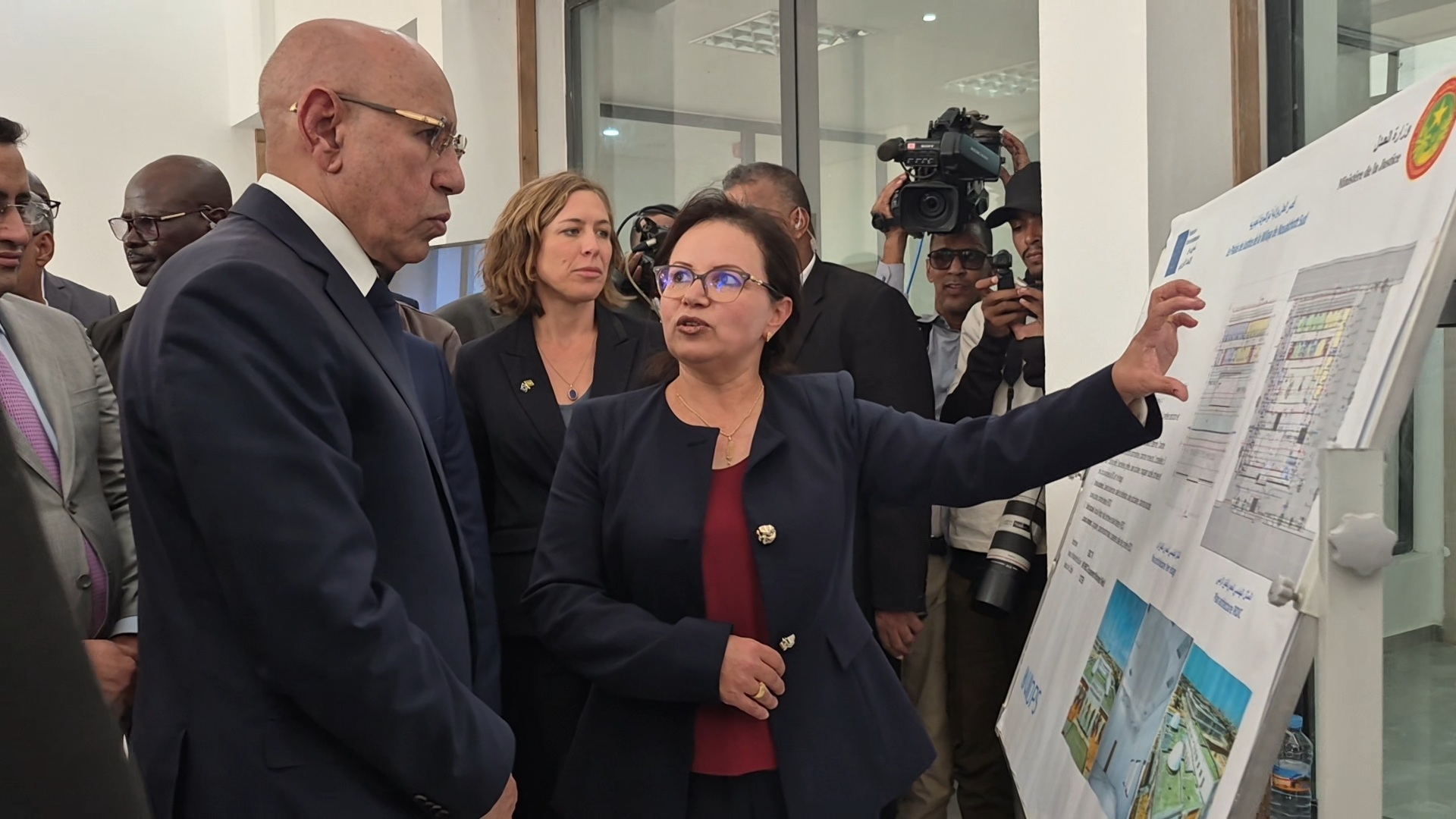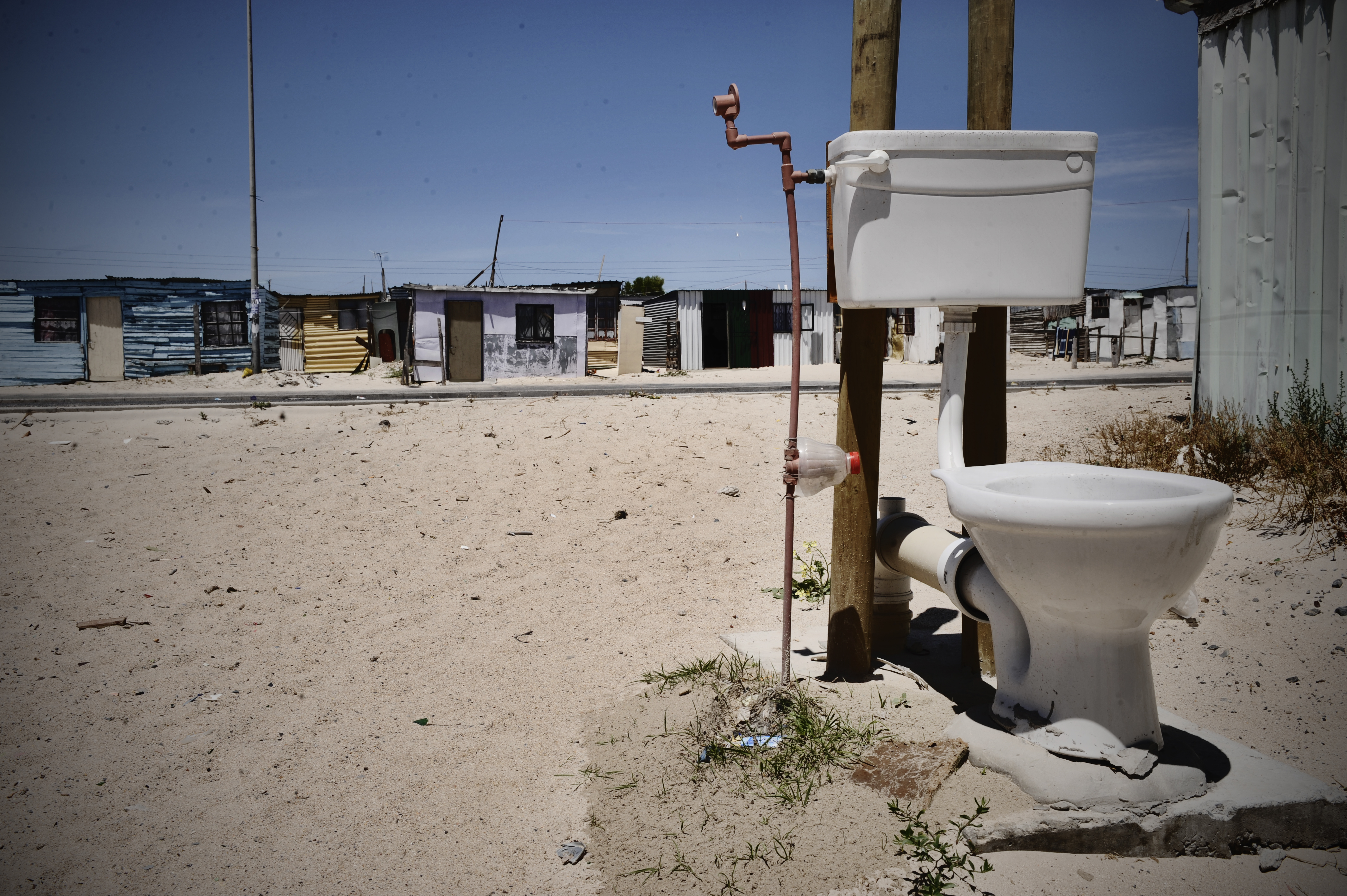The United Nations Office for Project Services (UNOPS)
New report calls for fresh focus on infrastructure to meet Global Goals
The report, released by The Economist Intelligence Unit (The EIU), argues for a new understanding of the role infrastructure plays in long-term sustainable development.
Focused on how infrastructure can catalyze long-term sustainability and prosperity, the research essay — ‘The critical role of infrastructure for the Sustainable Development Goals’ — explores the fundamental role that infrastructure can and will play in the achievement of the 2030 Agenda for Sustainable Development. The paper concludes that new approaches to planning and implementation will need to be adopted to ensure new infrastructure developments meet this potential.
“Our study shows that sustainable infrastructure can only be delivered when all three pillars – economic, environmental and social – are considered together,” said Martin Koehring, Managing Editor at The EIU.
“We have to view [infrastructure] as part of a system that comprises a portfolio of interlinked assets that provide essential services for society,” he added.
Produced by The EIU and supported by UNOPS, the independent research essay includes contributions from leading experts in related sectors, including from the World Bank, UK Department for International Development (DFID), Organisation for Economic Co-operation and Development (OECD), University of Oxford, International Finance Corporation, Arup and the Inter-American Development Bank.
If the world is to meet the ambitious SDG targets, it is crucial that we recognize infrastructure as the foundation for long-term sustainable development. The findings of this research are certainly an important step in this process.
The report finds that well-planned and implemented infrastructure projects have the capacity to deliver long-term economic, environmental and social benefits. However, significant challenges need to be overcome for countries to achieve these – and meet their rapidly growing infrastructure needs at the same time. Some barriers cited include potential weaknesses in governance and quality standards, ineffective planning and public policy making, and large gaps in the financing of infrastructure.
The report argues that collaboration in the planning, design, delivery and management phases is key to meeting the future needs of society – and unlocking the benefits that sustainable and resilient infrastructure can provide. This includes fostering employment opportunities and economic growth, mitigating the impact of climate change, and improving access to health, education and sanitation services.
Contributing to the research, the World Bank’s Chief Economist for Climate Change, Marianne Fay said: “We look at infrastructure primarily from the point of view of providing services to people. That’s the end goal, and the hope is that we can do that in a way that will be resilient and sustainable in all three dimensions of sustainability: economic, environmental and social.”
The findings of the essay echo those of an earlier study conducted by UNOPS and the University of Oxford-led Infrastructure Transitions Research Consortium. This study found that networked infrastructure (including water, waste, energy, digital communications and transportation) influences 72 per cent of the SDG targets.










